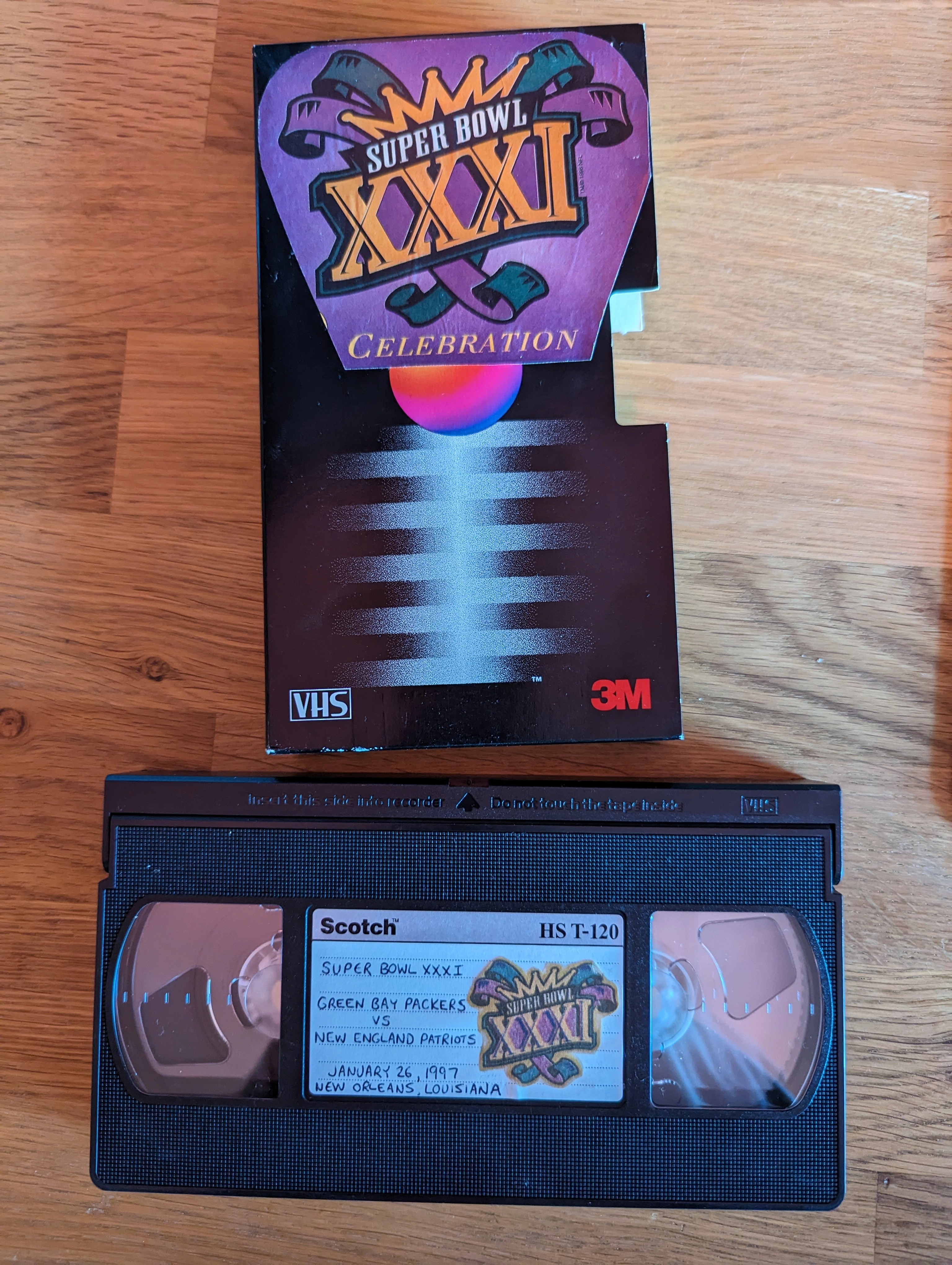this post was submitted on 28 May 2024
146 points (97.4% liked)
Piracy: ꜱᴀɪʟ ᴛʜᴇ ʜɪɢʜ ꜱᴇᴀꜱ
64213 readers
1341 users here now
⚓ Dedicated to the discussion of digital piracy, including ethical problems and legal advancements.
Rules • Full Version
1. Posts must be related to the discussion of digital piracy
2. Don't request invites, trade, sell, or self-promote
3. Don't request or link to specific pirated titles, including DMs
4. Don't submit low-quality posts, be entitled, or harass others
Loot, Pillage, & Plunder
📜 c/Piracy Wiki (Community Edition):
🏴☠️ Other communities
FUCK ADOBE!
Torrenting/P2P:
- !seedboxes@lemmy.dbzer0.com
- !trackers@lemmy.dbzer0.com
- !qbittorrent@lemmy.dbzer0.com
- !libretorrent@lemmy.dbzer0.com
- !soulseek@lemmy.dbzer0.com
Gaming:
- !steamdeckpirates@lemmy.dbzer0.com
- !newyuzupiracy@lemmy.dbzer0.com
- !switchpirates@lemmy.dbzer0.com
- !3dspiracy@lemmy.dbzer0.com
- !retropirates@lemmy.dbzer0.com
💰 Please help cover server costs.
 |
 |
|---|---|
| Ko-fi | Liberapay |
founded 2 years ago
MODERATORS
you are viewing a single comment's thread
view the rest of the comments
view the rest of the comments


I presume from superb owl that you are from USA.
No. It was deemed legal and fair use as was recording radio on c-cassettes.
Considering digitizing, Web stores are full of usb capture dongles and rca/scart adapters. Obs and Videolan are free and easy to use.
For editing, Openshot is free and quite easy to use.
All these are available on Windows, Linux and Mac.
It was deemed legal and fair use after the film and music industries sued VCR manufacturers and users.
So yeah, it absolutely was considered piracy by the media production and distribution companies. The courts disagreeing with them doesn't change that.
This may just be a semantic argument. Media production can consider it piracy, but that's irrelevant as it had no legal standing. Without a law prohibiting something, it's legal. And the fact that they sued and lost means it was never illegal and the media companies can declare it "piracy" or "treason against Columbia Pictures" or whatever they want until they're blue in the face but no one cares.